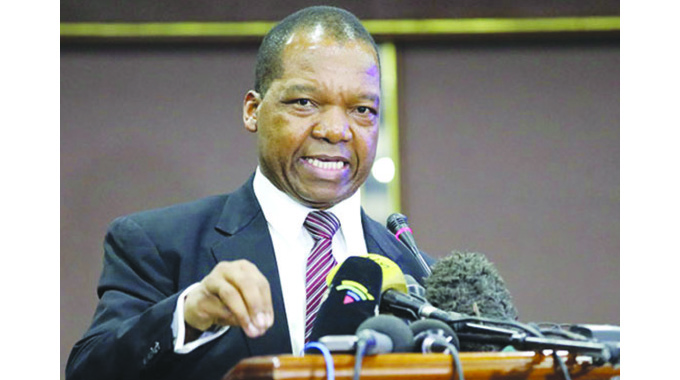RBZ’s first wholesale auction allots US$11m

Golden Sibanda-Business News Editor
Nineteen banks were allotted US$11,18 million in the first Reserve Bank of Zimbabwe wholesale foreign currency auction yesterday, as authorities switched to the banking system’s interbank market to supply the bulk of the currency requirements of importers.
The retail weekly auctions are now limited to US$5 million and are mainly in place as a price discovery mechanism, with the new system seeing most foreign currency for imports coming from importers own US dollar earnings or from their banks through the interbank market.
None of the 19 submitted bids, all from banks, were rejected and the allotted US$11,18 million was very close to the total of accepted bids of US$12,993 million, which analysts contend signified the fact that the Reserve Bank was liquid enough to sustain funding of the wholesale market.
Following an ad-hoc committee meeting of its Monetary Policy Committee on Tuesday, the central bank said it would begin selling foreign currency to banks from yesterday for onward selling to clients on the interbank market to anchor exchange rate stability.
In a statement after the MPC meeting Governor Dr John Mangudya said maximum trading limits on the interbank market, which will be the main source of foreign currency, will now be increased from US$100 000 to US$500 000.
The diminished auctions to business companies see transactions limited to between $1 500 and US$50 000, largely in a price discovery process.
A truly Dutch auction system is now being used for trading foreign currency on the RBZ’s weekly auction. It is expected the US$5 million limit at the RBZ weekly auction will eliminate speculative bids designed to exploit arbitrage opportunities.
The US$11,18 million bids that were allotted on the RBZ’s wholesale auction were bought at an average rate of $4 868:US$1, with the highest bid tendered coming in at $5 020 and the lowest being allotted at $4 500.
With the premium in the black market over official rates now diminishing to low levels, it is likely that pricing stability can return along with exchange rate and macroeconomic stability.
Economist, Persistence Gwanyanya, who is also a member of the MPC, said the wholesale foreign currency auction entailed the Reserve Bank selling forex to banks for onward sale to their clients.
“We are coming in to intervene in the market. If they (RBZ) want it to be done on a daily basis, it will be done on a daily basis. What we want for now is to liquefy the wholesale market; that is our preoccupation at the moment.
“It lays the ground so that the market, going forward, is able to self-liquidate. We want the sellers to be free to sell; as long as they see an economically viable exchange rate, what should stop them from selling?”
“We are starting the market, but we also want to sustain it beyond just kick-starting it,” Mr Gwanyanya said.
Once holders of foreign currency see stability, everyone will willingly trade in the forex market.
Late last month, Finance and Economic Development Minister Professor Mthuli Ncube announced a set of policy measures to upgrade the whole foreign currency trading and pricing system, including minimising the auctions as a method for importers to access foreign currency through liberalisation of foreign exchange trading in the country.
Reserve Bank governor Dr John Mangudya said the new measures were calculated to ensure that the interbank forex market became the primary source for foreign exchange needs in the economy. This overtakes the auctions that have carried the burden for just under three years since the middle of 2020.
In taking measures to address issues affecting the economy, the MPC noted that the prevailing volatility in the exchange rate emanated from both supply-side and demand-side factors.











Comments